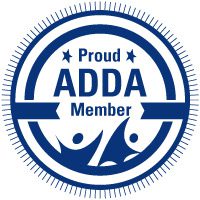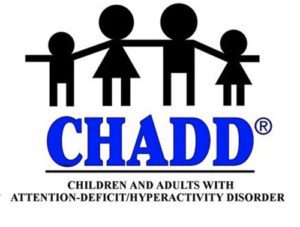When I start a new coaching engagement, I always ask clients what they want in a coaching partnership. Nearly every time, they are looking for tools, skills, and, most importantly, accountability.
Accountability comes in many forms. However, the types of accountability we discuss largely fall into four categories: Punitive, Awareness, Internal, and External.
Let’s take a look at a typical scenario with my clients:
“I want to exercise five days a week.”
Once a strategy has been committed, it is my job as a Coach to inquire how/if the process worked.
Let’s say the client comes to their next appointment having exercised three days a week, not the five they committed to.
Here are several ways that accountability can come into play.
Punitive accountability: Punitive accountability focuses on creating shame and guilt to change behavior. Using punitive accountability, one might say things like, “You must be disappointed in yourself that you didn’t uphold your commitment,” “
Awareness accountability: Awareness accountability focuses on finding out what the client experienced while attempting to change. Using awareness accountability, one might ask, “What did you learn on the days when you did exercise?”, “What did you learn on the days you didn’t exercise?” and “What do you think the difference between the days was?”
External accountability (often called “extrinsic”): External accountability relies on someone else holding us accountable for our actions. Although external accountability isn’t the most powerful in long-term personal change, it can help knowing someone else will ask how we did with our commitments. I often hear, “I finished my commitments knowing I was going to talk to you today.” 🙂
Internal accountability (often called “intrinsic”): Internal accountability is being accountable to oneself. The motivation comes from within, with the desire to change based on personal values and needs.
When looking to others for accountability, it’s essential to know what we want. If we think external accountability would benefit, we must clearly lay the ground rules out as some people don’t know anything other than punitive accountability.
What might this type of external accountability look like? Using the exercise scenario, we could commit to a friend that we would text them each day after we exercised. If we didn’t text them, we ask them to text us, “How did the exercise routine go today?” We can create a motivational accountability relationship with a clear understanding and communication, not a punitive one.
Where might you benefit from non-punitive accountability? What growth could you achieve knowing you had an accountability partner in your court?
Cindy Jobs, PCAC
Looking for more information?
Click here for ADHD-friendly Time Management Tools
Click here to schedule a complimentary breakthrough session.
For more helpful information, follow me on Facebook.









